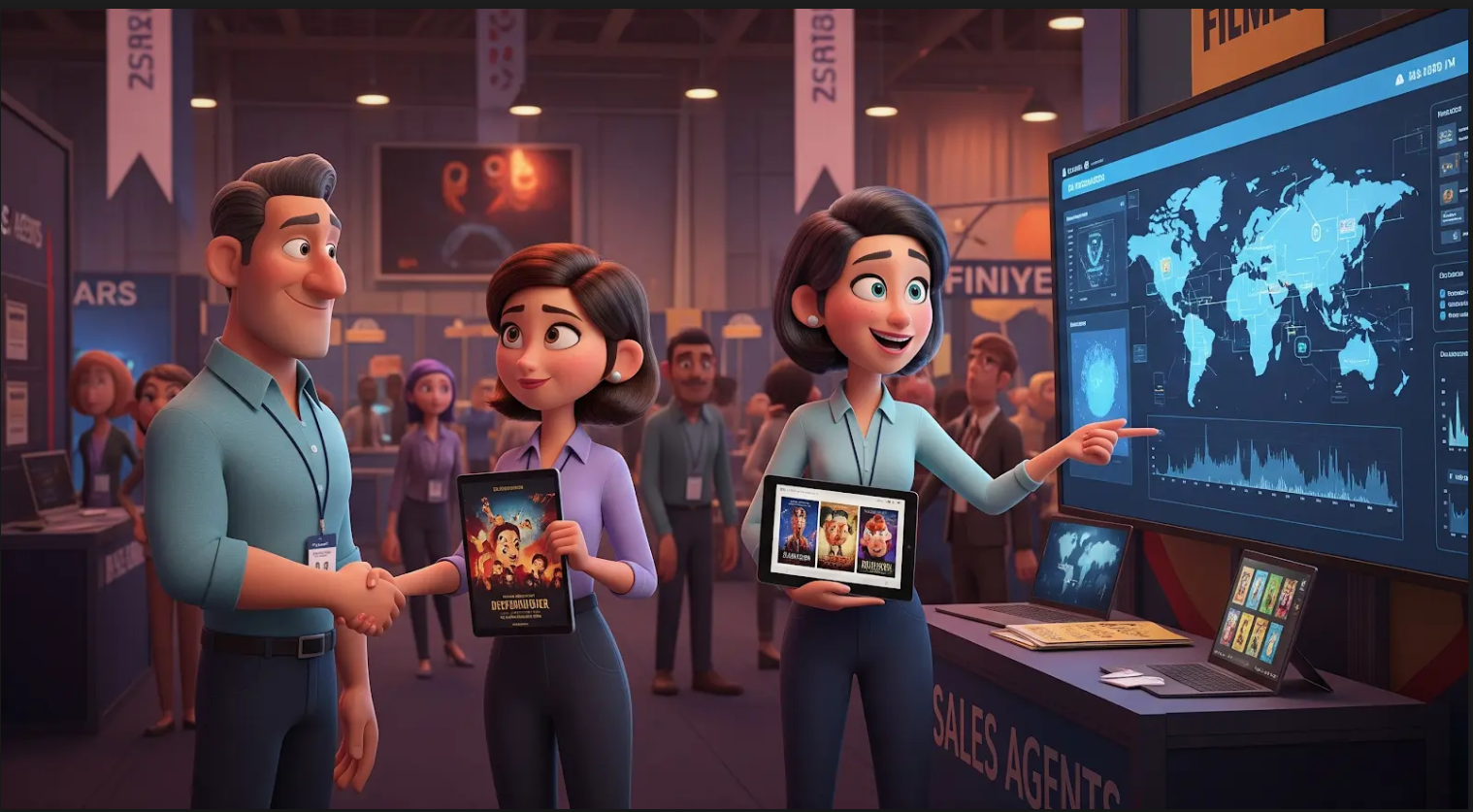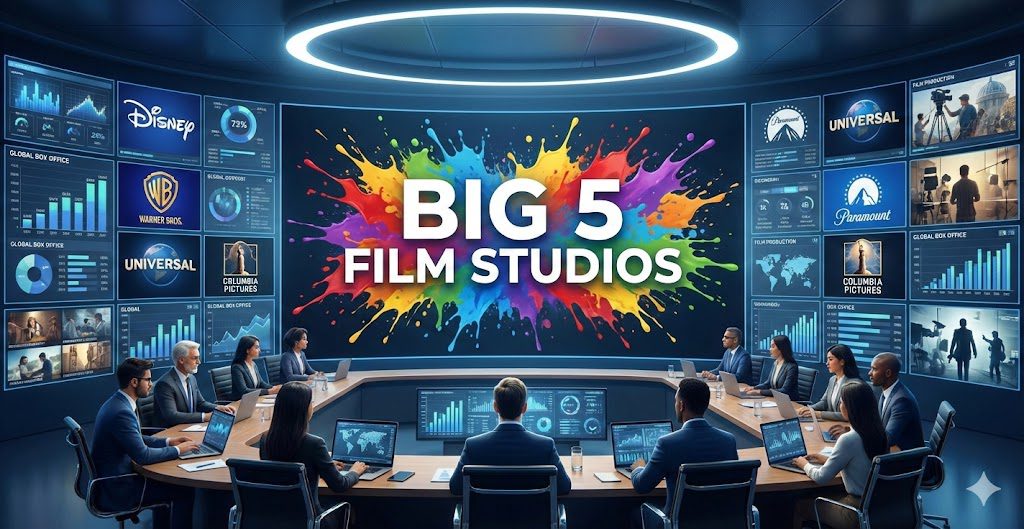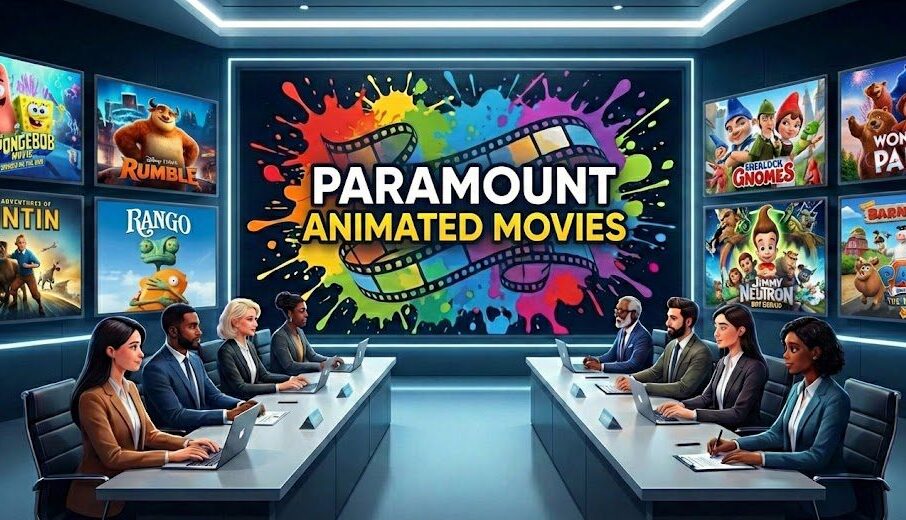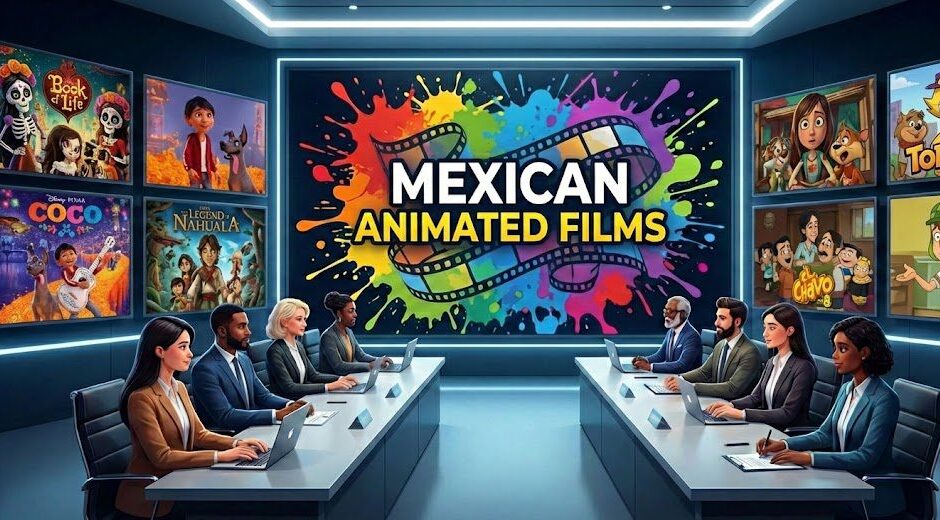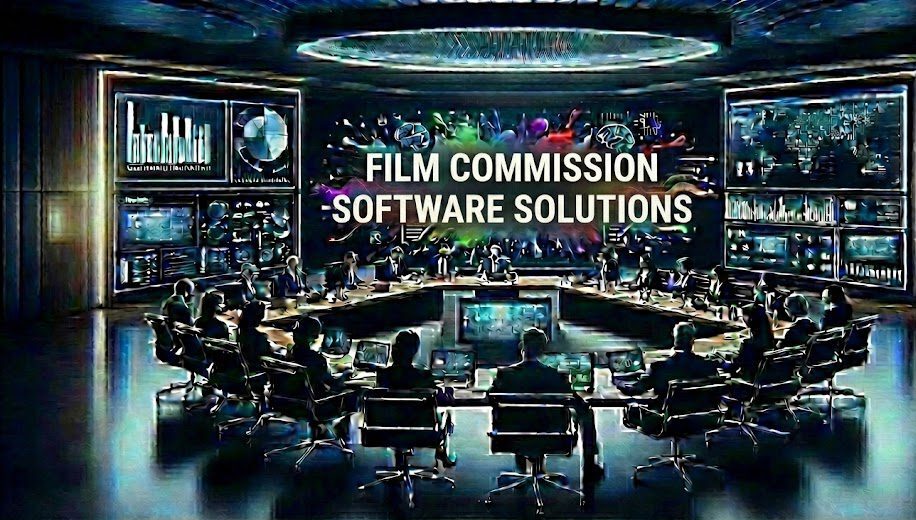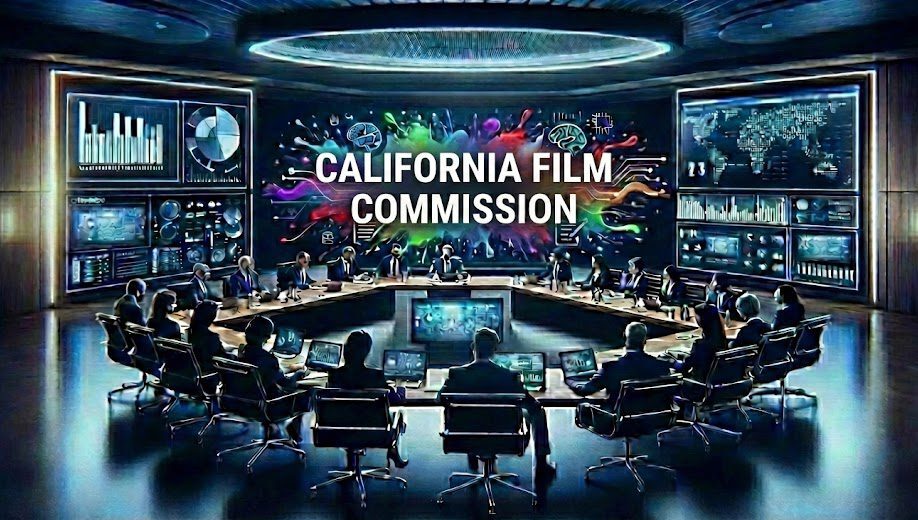Introduction
In the labyrinthine world of independent film, where creative vision often clashes with commercial realities, the journey from completed project to global audience is fraught with peril.
For independent filmmakers, securing distribution and financing can feel like an insurmountable challenge. This is precisely where the film sales agent emerges as a pivotal, often unsung, architect of success.
Far more than just a broker, the sales agent is a strategic partner, a market expert, and a crucial bridge connecting independent cinema to the global marketplace. Understanding their multifaceted role is essential for any filmmaker aiming to see their work travel beyond film festivals to screens worldwide.
More Than Just “Selling”: A Strategic Partnership
At its core, a film sales agent (or international sales agent, as they often operate globally) acts as the exclusive representative for a film’s distribution rights in various territories, typically excluding the film’s country of origin if a domestic distributor is already in place.
Their primary objective is to license these rights to third-party distributors (theatrical, home entertainment, TV, streaming platforms) in different countries around the world. However, their influence and involvement extend far beyond simple deal-making.
Key Functions of a Sales Agent:
- Market Expertise and Strategy:
A top-tier sales agent possesses an encyclopedic knowledge of the global distribution landscape. They understand:- Territorial Demands: What genres, themes, or talent resonate in specific countries (e.g., horror performs well in Asia, comedies are harder to translate internationally).
- Platform Trends: The shifting ecosystem of theatrical, free TV, pay TV, DVD/Blu-ray, and the myriad of SVOD/AVOD platforms, and how each values different content.
- Buyer Relationships: Long-standing relationships with key buyers from studios, independent distributors, and streamers in every major market.
- Market Timing: When and where to launch a film (e.g., premiering at a major festival vs. a direct market launch).
They advise filmmakers on the most effective sales strategy, often tailoring it down to individual territories.
- Financing and Packaging (Pre-Sales):
Perhaps one of the most critical roles a sales agent plays is in the pre-sales market. For films that haven’t secured full financing, a sales agent can provide “minimum guarantees” (M.G.s) – an advance payment against future sales – from interested distributors in specific territories. These M.G.s, even if small individually, can be aggregated to form a significant portion of a film’s budget, allowing production to move forward.- They assess a project’s commercial viability based on script, director, attached talent, and budget.
- They provide “pre-sale estimates” – an educated guess of what a film could earn internationally – which are crucial for securing bank loans or equity financing.
- They help “package” a project, leveraging their relationships to attach marketable talent (actors, directors) that can significantly boost pre-sale potential.
- Market Presentation and Representation:
Sales agents are the face of the film at major international film markets and festivals. These include:- American Film Market (AFM): A primary sales market in Los Angeles.
- Cannes Film Market (Marche du Film): Held alongside the Cannes Film Festival.
- European Film Market (EFM): Held during the Berlin Film Festival.
- MIPCOM / MIPTV: Key television content markets in Cannes.
At these events, sales agents: - Set up meetings with hundreds of potential buyers from around the globe.
- Present the film (or project) with trailers, promo reels, and pitch materials.
- Negotiate licensing deals for various rights (theatrical, VOD, TV, non-theatrical) in different territories.
- Manage the sales process, from initial interest to deal memo, contract negotiation, and collection of funds.
- Contract Negotiation and Management:
Sales agents are adept at navigating complex international licensing agreements. They ensure that deal terms are favorable to the filmmaker, covering:- License Fees/Minimum Guarantees (MGs): The upfront payment from a distributor.
- Royalty Splits: The percentage of revenues the filmmaker receives after the MG is recouped.
- Territorial Scope: The specific countries covered by the license.
- Rights Granted: Which rights (e.g., theatrical, home video, TV, digital) are being licensed.
- Term: The duration of the license.
- Delivery Materials: Ensuring technical specifications for delivery (e.g., masters, marketing assets) are met.
- Reporting and Auditing: Clauses for transparent financial reporting from distributors.
- Print and Advertising (P&A) Oversight (Indirectly):
While distributors are responsible for P&A budgets within their territories, a good sales agent will monitor these plans to ensure that the film receives adequate marketing support in each market, maximizing its commercial potential. They often review and approve the marketing materials created by local distributors. - Quality Control and Strategic Advice:
Beyond sales, agents often provide invaluable creative and strategic feedback during development, production, and post-production. They might advise on:- Casting choices to enhance international marketability.
- Editorial decisions that could affect a film’s universal appeal.
- Optimal festival strategy to build buzz and secure a strong market launch.
- Foreign language dubbing/subtitling requirements.
When to Engage a Sales Agent
The ideal time to engage a sales agent depends on the project:
- During Development/Packaging (for pre-sales): If a film needs international pre-sales to close financing, approaching agents with a strong script, director, and potentially attached cast is crucial. This is particularly common for mid-to-high budget independent films.
- During Post-Production: Once a rough cut or completed film is available, agents can assess its market potential and begin actively selling it at markets. This is common for smaller, more artistic films that might seek festival premieres first.
- After a Festival Premiere: A successful premiere at a top-tier festival (Cannes, Sundance, Berlin, TIFF, Venice) can dramatically increase a film’s visibility and sales value, leading to multiple offers from sales agents and distributors.
Choosing the Right Sales Agent
Selecting the right sales agent is as important as choosing a distributor. Key considerations include:
- Track Record: Look at their past successes, particularly with films similar in genre, budget, or scope to yours.
- Reputation and Relationships: Do they have strong relationships with key buyers worldwide? Are they respected in the industry?
- Passion for Your Film: Do they genuinely believe in your project and understand its target audience? A sales agent’s enthusiasm can be contagious to buyers.
- Transparency: Are they upfront about their fees (typically a commission on sales, often 20-30% of net receipts), recoupable expenses (market travel, marketing materials), and reporting mechanisms?
- Size and Focus: Are they a boutique agency specializing in a niche, or a larger company with broader reach?
- References: Speak to other filmmakers they’ve worked with.
Conclusion: The Indispensable Bridge
In an era where independent filmmaking is both democratized and hyper-competitive, the sales agent remains an indispensable bridge between creative endeavor and global commercial viability.
They are the market whisperers, the financial enablers, and the strategic navigators who can transform a passionate project into a worldwide phenomenon. For filmmakers, understanding their intricate role, engaging them strategically, and forging a collaborative partnership is not just a good idea – it’s often the single most critical decision that determines whether a film truly finds its audience across borders and cultures.
Without them, many brilliant independent voices would remain unheard, confined to the country of their origin, a talent-rich industry diminished by a lack of global reach.


